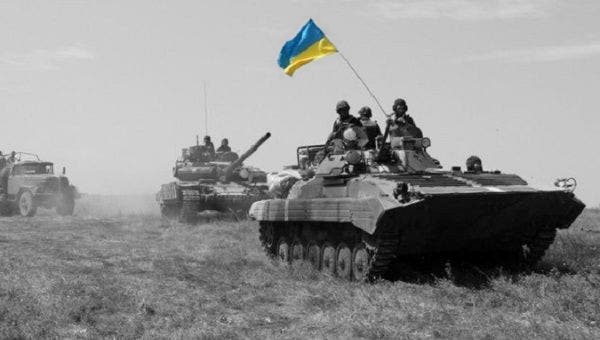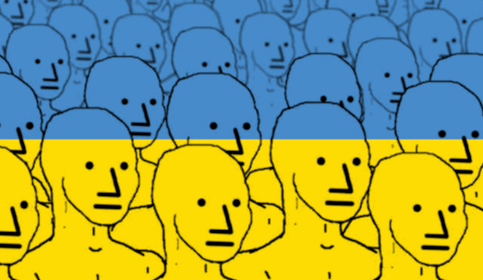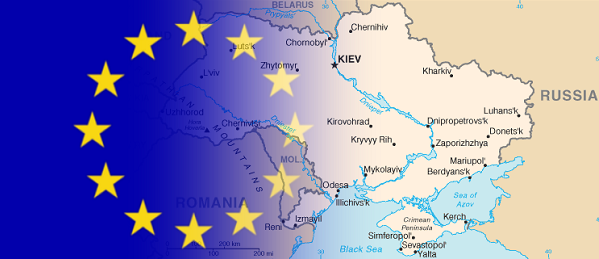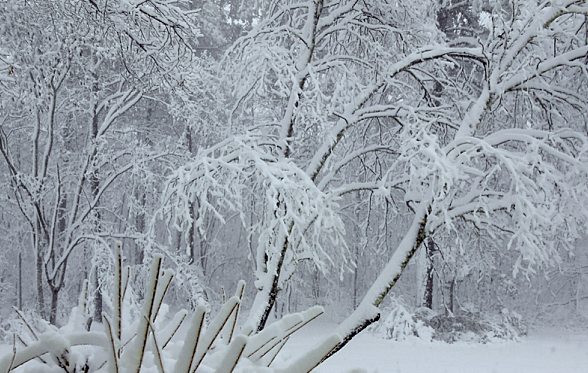If you appreciate this essay by Fjordman, please consider making a donation to him, using the button at the bottom of this post.

A Convergence of Catastrophes
by Fjordman
Pierre Brochand is a former director of the French Directorate-General for External Security (DGSE), tasked with intelligence gathering and safeguarding France’s national security. He has also been a diplomat, the French ambassador to Hungary, Israel and Portugal, and has served his country in various positions for decades. In an interview with the national newspaper Le Figaro in March of 2022, Brochand sounded an alarm bell over the damage immigration is doing to France and to other European nations.[1] He judges that Europe is currently the only part of the world to deny the importance of ethnic and cultural homogeneity for stability, peace, and prosperity.
France has for more than half a century experienced large-scale immigration from what used to be called the Third World: countries in the Islamic world, Africa, and other parts of the global South. Brochand notes that this recent mass immigration is unprecedented in our history, and observes that it is fracturing France into various competing tribes. While it has become taboo to say so in Western countries today, experience indicates that Multicultural societies of competing ethnic groups are often inherently unstable and tend to break down into violence. Brochand compares France to Lebanon and the former Yugoslavia. These were Multicultural countries with large Muslim populations that collapsed into horrific civil wars.
Pierre Brochand has harsh words for the political leaders in France and the rest of Western Europe. In his view, they have for decades allowed the situation to grow worse and worse due to cowardice. He fears that the country could be heading for some form of collapse unless a complete reversal of public policy is implemented immediately. The politicians must say loud and clear that France will not for the foreseeable future be a country that welcomes large-scale immigration. However, Brochand believes that political leadership in France and Europe still underestimates the seriousness of the situation. Time is running out if we want to avoid a disaster. With his decades of accumulated experience, Pierre Brochand fears a dark future for our children and grandchildren.
In April of 2021, one thousand French soldiers, including more than twenty retired generals, signed a public letter warning that France could face a bloody “civil war” fueled by Islamic separatism.[2] Several other observers have voiced similar worries.[3] Some fear that war has become inevitable.[4] A few, such as the author Michel Onfray, state that a civil war has already begun.[5]

The American writer Ned May quotes the American science fiction author Robert A. Heinlein with what he terms The Year of the Jackpot. This is when several negative happenings converge in time and cause a systemic collapse in society. May wrote an essay about this at his website Gates of Vienna in 2007, and in 2022 this emerging chaos appears to be drawing closer.[6] A toxic mix of negative factors could cause dramatic ripple effects throughout the entire Western world. Right now, we are witnessing a combination of mass immigration, Islamization, terrorism, unparalleled money printing by the central banks, massive public debt, disrupted economies after lockdowns during the coronavirus pandemic, outsourcing of industries and jobs to an increasingly powerful China, war between Russia and the Ukraine, social decay, decadence and cultural decline, dissolution of families, a spike in violent crime, increasing censorship, surveillance and ideological indoctrination, harmful environmental policies plus a steep rise in the prices of energy and food. Every one of these problems is bad by itself. Combined, they could be disastrous.














